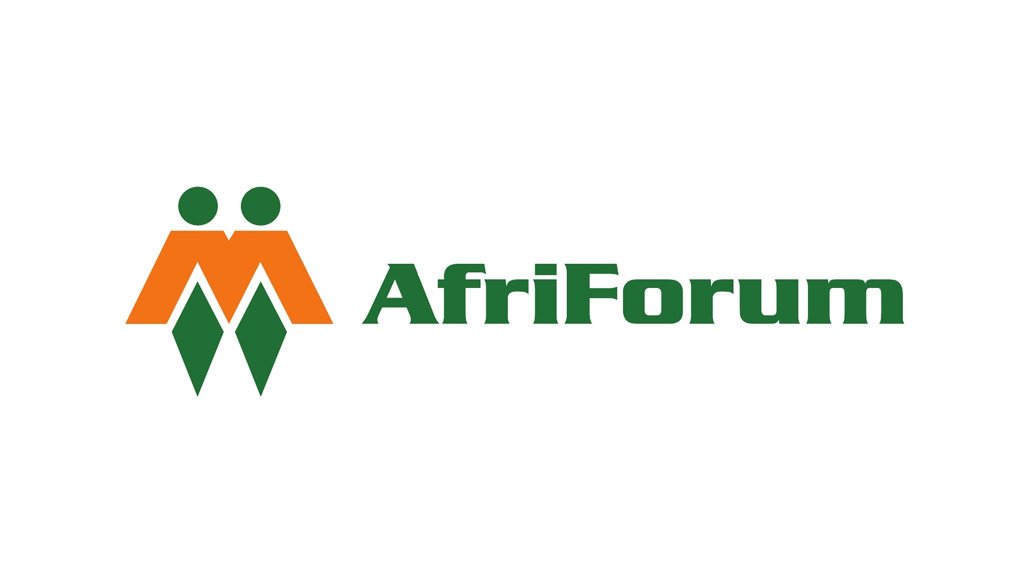/ MEDIA STATEMENT / The content on this page is not written by Polity.org.za, but is supplied by third parties. This content does not constitute news reporting by Polity.org.za.
If implemented, the Tshwane Metro’s proposed environmental or city cleansing levy would be unlawful, would amount to double taxation and unfairly target the city’s already overtaxed residents. These are some of AfriForum’s core arguments against the implementation of this levy that is now being envisaged in the Metro.
AfriForum has set out its opposition as well as alternative proposals for increasing the Metro’s revenue in written comments submitted to the Metro today as part of the public participation process. The organisation insists that the implementation of the proposed levy should be halted and that the focus should instead be placed on internal reforms and responsible resource management.
The Metro recently announced its plans for the implementation of an additional monthly levy of R194,37. It plans to introduce this fixed monthly levy on all vacant erven larger than 150 000 m2 and residential and business properties with a value of more than R250 000 that do not make use of the Metro’s refuse removal service.
AfriForum makes it clear in its written comments that the proposed levy is contrary to Section 74(2) of the Municipal Systems Act and therefore cannot be legally implemented. This section requires, among other things, that the amount payable for municipal services be proportional to the service’s use. “A levy on properties, regardless of the use of a certain service, as planned here, is therefore contrary to this section of the law. This levy is a clear attempt by the Metro to boost its revenue at the expense of overburdened residents,” explains Deidré Steffens, Advisor for Local Government Affairs at AfriForum.
According to Arno Roodt, AfriForum’s District Coordinator for Pretoria South, there are several alternative ways in which the Metro can increase its revenue without imposing further taxes on residents. In its comments to the Metro, AfriForum proposes, among others, the following alternative sources of revenue:
·Improve the efficiency of property tax collection in accordance with the Municipal Finance Management Act 56 of 2003.
·Prioritise the repair of weighbridges at municipal landfill sites to ensure accurate load measurement and thereby improve revenue.
·Eradicate all forms of mismanagement at landfill sites, such as Bronkhorstspruit and Soshanguve.
·Prioritise the enforcement of municipal bylaws that prohibit illegal dumping.
·Restructure the inefficient waste removal model currently employed by the Metro.
In addition to these proposals, AfriForum also makes a serious appeal in its submission to the Metro to promote transparency regarding the Metro’s budget and to better manage existing resources before considering any new levies.
Earlier this month, AfriForum had already written to the Metro, criticising and questioning the proposed levy. However, the Metro has not responded to this. Roodt considers this unwelcoming attitude “extremely worrying”. “Their absolute silence raises serious questions about whether residents’ inputs and objections regarding this unfair proposed levy are being taken seriously,” adds Roodt. “However, AfriForum is committed to holding the Metro to account and protecting residents against exploitative financial practices.”
Issued by AfriForum
EMAIL THIS ARTICLE SAVE THIS ARTICLE ARTICLE ENQUIRY
To subscribe email subscriptions@creamermedia.co.za or click here
To advertise email advertising@creamermedia.co.za or click here











